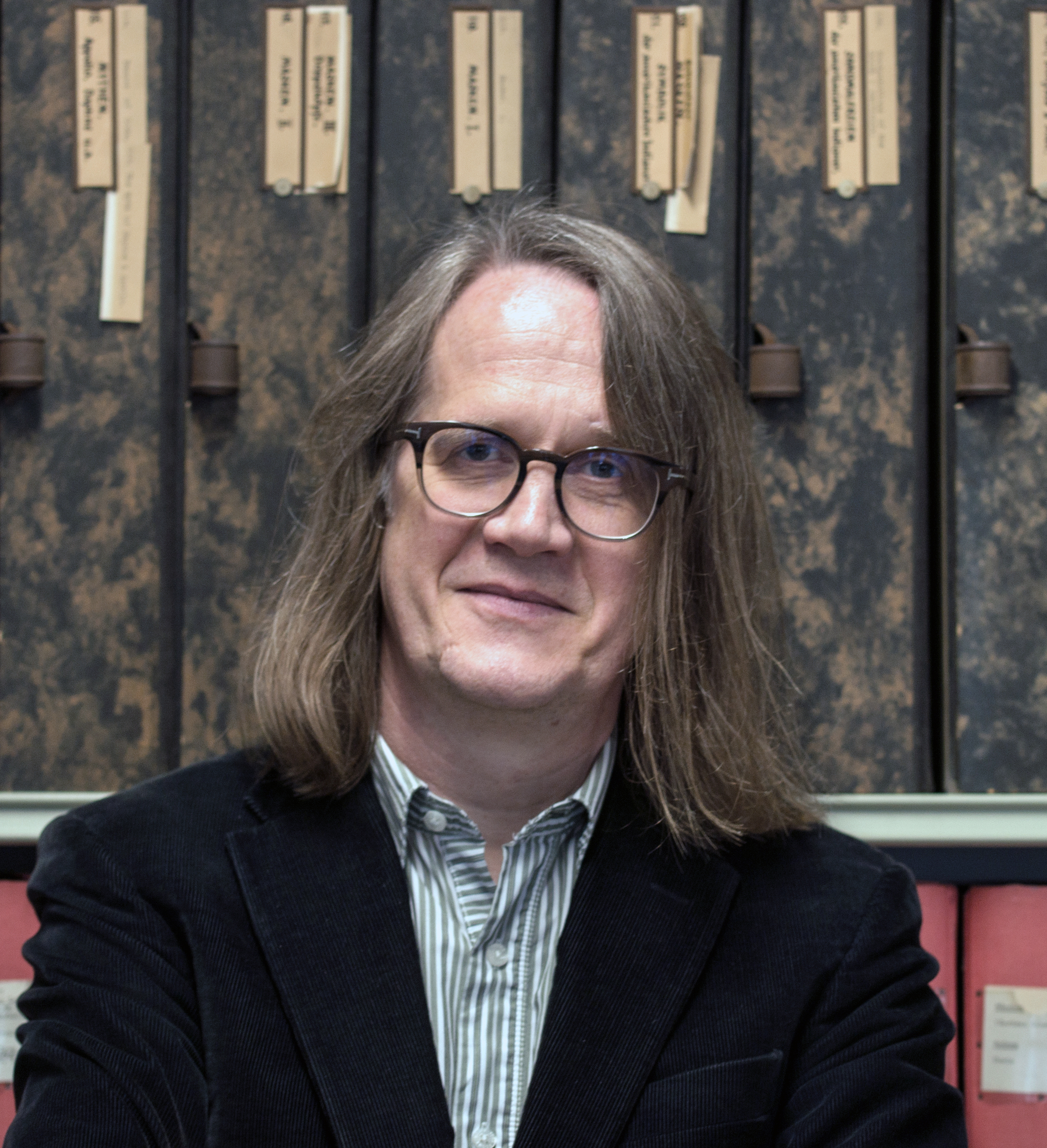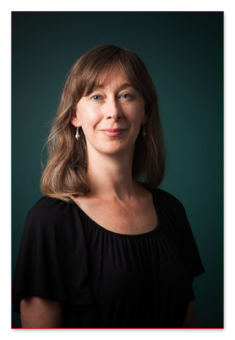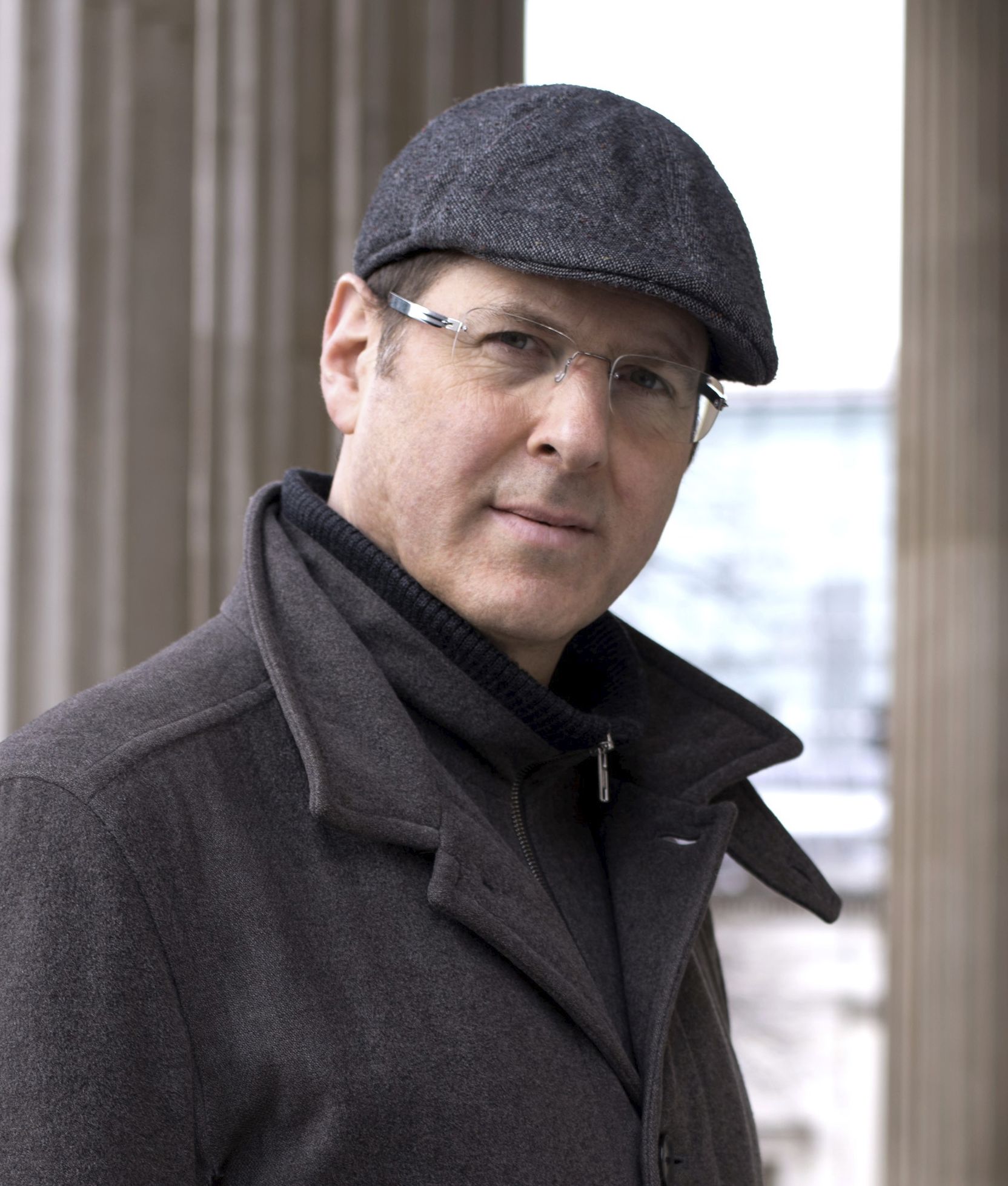PRIVACY CONFERENCE: Early Modern Notions of Privacy and the Private
Privacy and the private are never only about the individual. Direct and indirect notions of privacy and the private shape individuals’ relationships to space, self, body, beliefs and communities through the seclusion of private domains from professional, communal, evident or public domains. Rather than being scholarly outcomes in their own right, notions of privacy and the private are thus potent analytical catalysts that may reveal the view of, for example, space, self, body, belief and community in a given context.
Privacy and the private are elusive categories. While sometimes presented as clear-cut phenomena in the sources, instances of privacy and the private often take the form of malleable, tenuous and temporary pockets in a context that is otherwise crowded, communal, public, surveyed and so on. It takes conscious research methods to identify such pockets and the boundaries that set them apart.
At the conference Early Modern Notions of Privacy and Private we will examine how implicit or explicit instances of privacy and the private shape relations between individuals and society across diverse early modern contexts and discuss how different research fields approach this.
Ten international experts from a diverse spectrum of disciplines have accepted the invitation to show how notions of privacy and the private come to the fore in their respective research and to demonstrate which scholarly means they apply to grasp these.
The speakers are:

Prof. Dr. Joachim Eibach, Associate Professor for Early Modern and Modern History at the University of Bern
PhD 1993 at the University of Konstanz; Habilitation 2001 at the University of Giessen; Project leader at the Research Centre for the European Enlightenment Potsdam 2002-06; since 2005 Professor at the University of Bern.
2008 Fernand Braudel Senior Fellow at the European University Institut Florence
2009 CS Award Best Teaching of the University of Bern
2015 to 2018 Principal Investigator of the SNSF-Sinergia-Project 'Doing House and Family: Material Culture, Social Space, and Knowledge in Transition (1700-1850)'
Fellowships and guest lectureships at the Universities of Basel, Bielefeld, Galway, Konstanz and Lucerne
Out now: Joachim Eibach and Margareth Lanzinger (eds.), The Routledge History of the Domestic Sphere in Europe, 16th-19th Century, Routledge, London 2020.

Paul Taylor is Curator of the Photographic Collection at the Warburg Institute, University of London. His publications include two books, Dutch Flower Painting 1600-1720 (New Haven: Yale University Press, 1995) and Condition: The Ageing of Art (London: Paul Holberton, 2015), as well as five edited volumes of conference papers. He has published articles on seventeenth-century Dutch art theory and iconography, Italian Renaissance iconography, and eighteenth-century French art theory. He is currently writing a book called How Images Mean: an Introduction to Metaiconography.
Alec Ryrie is Professor of the History of Christianity at Durham University, Professor of Divinity at Gresham College, London, President of the Ecclesiastical History Society and co-editor of the Journal of Ecclesiastical History. He is a historian of the Reformation and of Protestant cultures in England, Scotland and more widely. His books include Being Protestant in Reformation Britain (2013), Protestants (2017), Unbelievers: An Emotional History of Doubt (2019) and The English Reformation: A Very Brief History (2020), and he is currently researching the early history of global Protestant missions.
 Prof. Dr. Claudia Opitz-Belakhal, professor for early modern history at the History Department of Basle University, Switzerland, since 1994. From 2015 to 20219 she was one of the project leaders of the SNF-Sinergia-project "Doing house and family 1750-1850". She published widely on early modern women`s and gender history as well es on the history of masculinities, on the history of the European witch hunt and demonology and on the history of emotions. Her latest books are "Streit um die Frauen und andere Studien zur frühneuzeitlichen `Querelle des femmes`" (2020) and "Im Reich der Leidenschaften. Montesquieus politische Anthropologie" (2021).
Prof. Dr. Claudia Opitz-Belakhal, professor for early modern history at the History Department of Basle University, Switzerland, since 1994. From 2015 to 20219 she was one of the project leaders of the SNF-Sinergia-project "Doing house and family 1750-1850". She published widely on early modern women`s and gender history as well es on the history of masculinities, on the history of the European witch hunt and demonology and on the history of emotions. Her latest books are "Streit um die Frauen und andere Studien zur frühneuzeitlichen `Querelle des femmes`" (2020) and "Im Reich der Leidenschaften. Montesquieus politische Anthropologie" (2021).

Elaine Leong holds a Wellcome University Award for the project ‘Technologies of Health c. 1450-1750’. She comes to UCL from the Max Planck Institute for the History of Science, Berlin where she led the Minerva Research Group ‘Reading and Writing Nature in Early Modern Europe’ from 2012 to 2019.
Elaine’s research is centered upon medical and scientific knowledge transfer and production. Her first book Recipes and Everyday Knowledge: Medicine, Science, and the Household in Early Modern England was published by the University of Chicago Press in 2018.
 Angela Vanhaelen is professor of art history in the Department of Art History and Communication Studies at McGill University in Montreal, Canada. Her recent book The Moving Statues of 17th-century Amsterdam: Automata, Waxworks, Fountains, Labyrinths is currently in production with Penn State University Press. She is the principal investigator of the research initiatives, Making Worlds: Art, Materiality and Early Modern Globalization and Making Green Worlds: Early Modern Art and Ecologies of Globalization. Her book The Wake of Iconoclasm: Painting the Church in the Dutch Republic was awarded the Bainton prize in 2013.
Angela Vanhaelen is professor of art history in the Department of Art History and Communication Studies at McGill University in Montreal, Canada. Her recent book The Moving Statues of 17th-century Amsterdam: Automata, Waxworks, Fountains, Labyrinths is currently in production with Penn State University Press. She is the principal investigator of the research initiatives, Making Worlds: Art, Materiality and Early Modern Globalization and Making Green Worlds: Early Modern Art and Ecologies of Globalization. Her book The Wake of Iconoclasm: Painting the Church in the Dutch Republic was awarded the Bainton prize in 2013.
Max Planck Institute for Legal History and Legal Theory
 Professor Benjamin J. Kaplan (b. 1960) studied History and Classics at Yale University (BA 1981) before pursuing an MA (1983) and PhD (1989) in History at Harvard University. He taught at Brandeis University from 1989 to 1996 and at the University of Iowa from 1996 until 2001, when he was appointed to the century-old Chair in Dutch History at University College London (UCL). Between 2001 and 2011 he also held a joint appointment at the University of Amsterdam. He is known chiefly for his work on the history of relations between religious groups – religious conflict and toleration – in early modern Europe. His book Divided by Faith helped to establish what some scholars have called “the new social history of toleration,” which analyzes the practical accommodations and arrangements that made it possible in some communities for people of different faiths to coexist peacefully.
Professor Benjamin J. Kaplan (b. 1960) studied History and Classics at Yale University (BA 1981) before pursuing an MA (1983) and PhD (1989) in History at Harvard University. He taught at Brandeis University from 1989 to 1996 and at the University of Iowa from 1996 until 2001, when he was appointed to the century-old Chair in Dutch History at University College London (UCL). Between 2001 and 2011 he also held a joint appointment at the University of Amsterdam. He is known chiefly for his work on the history of relations between religious groups – religious conflict and toleration – in early modern Europe. His book Divided by Faith helped to establish what some scholars have called “the new social history of toleration,” which analyzes the practical accommodations and arrangements that made it possible in some communities for people of different faiths to coexist peacefully.
 Fabrizio Nevola is Professor of Art History and Visual Culture at the University of Exeter (UK). His research focuses on urban and architectural history of early modern cities, with a particular attention for public spaces in Italy on which he has written and published extensively. His most recent book, Street Life in Renaissance Italy (Yale UP, 2020) accompanies several edited collections involving comparative work on urban space and his first book, Siena: Constructing the Renaissance City (Yale UP, 2007) was awarded the Royal Institute of British Architects, Sir Nikolaus Pevsner International Book Award for Architecture. Through several grant-funded research projects, including Hidden Florence, he has developed digital humanities spatial approaches using geospatial, 3D modelling and GPS technologies.
Fabrizio Nevola is Professor of Art History and Visual Culture at the University of Exeter (UK). His research focuses on urban and architectural history of early modern cities, with a particular attention for public spaces in Italy on which he has written and published extensively. His most recent book, Street Life in Renaissance Italy (Yale UP, 2020) accompanies several edited collections involving comparative work on urban space and his first book, Siena: Constructing the Renaissance City (Yale UP, 2007) was awarded the Royal Institute of British Architects, Sir Nikolaus Pevsner International Book Award for Architecture. Through several grant-funded research projects, including Hidden Florence, he has developed digital humanities spatial approaches using geospatial, 3D modelling and GPS technologies.
Ann Thomson is Professor of Intellectual History Emerita at the European University Institute. She works on the intellectual history of the long Eighteenth Century, and studies questions at the intersection of religion, medicine and politics, as well as the circulation of ideas, book history and translation, and European writings on the Muslim world. She has published widely on all these subjects, including monographs such as Barbary and Enlightenment. European Attitudes towards the Maghreb in the 18th Century, Leiden, E. J. Brill, 1987, Bodies of Thought: Science, Religion, and the Soul in the Early Enlightenment (Oxford University Press, 2008) and L’âme des lumières. Le débat sur l’être humain entre religion et science Angleterre-France (1690-1760) (Champ Vallon, 2013), and several collective volumes, including Cultural Transfers: France and Britain in the long eighteenth century, edited with Simon Burrows and Edmond Dziembowski, (Voltaire Foundation, Oxford, 2010). She has also published critical editions, most recently of Book 11 of Raynal’s Histoire des Deux-Indes (2020). A co-edited edition of Charles de La Motte’s letters to Pierre Des Maizeaux will be published in 2021.
These distinguished guests will be joined by PRIVACY scholars who will present research results fresh from the PRIVACY workshop during a discussion of disciplinary specificities as well as interdisciplinary challenges and opportunities when it comes to research into notions of privacy and the private.


